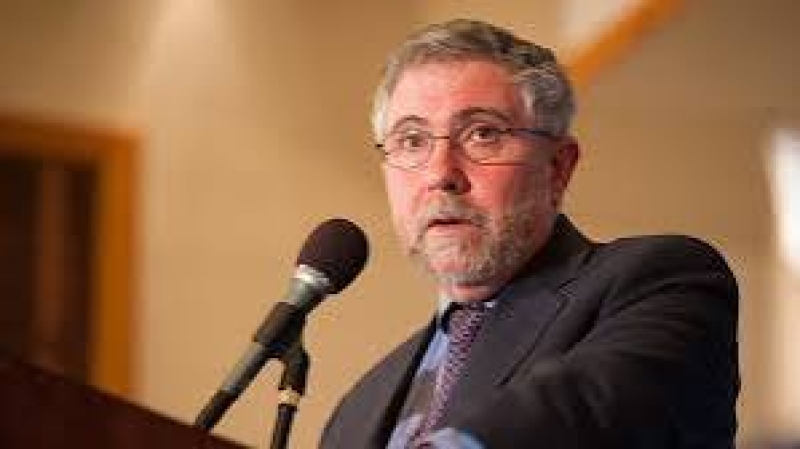- UN Calls for Calm in Bangladesh After Protest Leader’s Killing |
- DMP issues 7 traffic directives for Osman Hadi’s Janaza |
- Vested quarter fuelling chaos to impose new fascism: Fakhrul |
- Hadi’s namaz-e-janaza at 2:30pm Saturday |
- Jashore’s Gadkhali blooms with hope; flowers may fetch Tk4 bn |
Paul Krugman Criticizes US Tariffs on Bangladeshi Clothing

Nobel Prize-winning economist Paul Krugman has strongly criticized the US imposition of high tariffs on Bangladeshi clothing imports, calling it a misguided policy that disrupts trade and harms American consumers.
"Imposing high tariffs on imports of clothing from Bangladesh is exactly the wrong approach. It raises the cost of living for American consumers, does nothing to improve our security, and ultimately disrupts trade," Krugman said in a recent interview with The New York Times. Krugman, an expert in trade, emphasized that such tariffs are counterproductive and harm the broader economy.
While acknowledging a potential national security argument for domestic production, Krugman pointed out that if the goal were truly security-focused, the US would not be targeting countries like Vietnam and Bangladesh. "If national security were the primary concern, we wouldn't impose tariffs on Vietnam and Bangladesh, nor would we do so against Canada and Mexico," he added.
Krugman lamented that the US was dismantling a trade system that once balanced economic efficiency with a broader perspective on national security, citing the diplomatic efforts of Cordell Hull, FDR’s Secretary of State. Hull believed that strengthening economic ties between democratic nations could promote solidarity and counter external threats, particularly Stalinism.
"By imposing these tariffs, the US is undermining relationships with its allies, and in some cases, aligning itself with potential adversaries," Krugman warned.
He also discussed the influence of political figures like Peter Navarro, Trump’s former trade czar, and the effect of their views on US trade policy. Krugman noted that figures like Navarro and Bob Lighthizer, a long-standing protectionist voice, shaped the administration's approach, often without regard for expert opinions or the long-term impact on international trade relations.
Krugman’s critique underscores the ongoing debate about the direction of US trade policy and its broader global implications.

